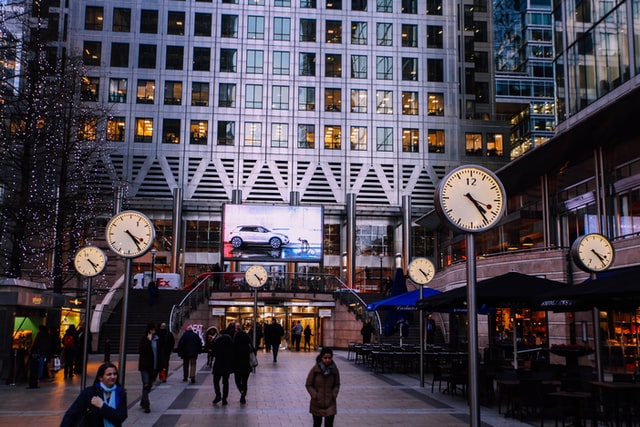Geopolitics of Energy – Who Has the Power?
Power delivered to our homes, institutions and businesses via the gas pipeline network or electricity grid is the result of highly complex international politics,...
Read Full Article
The Bank of England is to test banks and insurers on how resilient they would be in the event of extreme climate change scenarios.
The Climate Biennial Exploratory Scenario (CBES) will explore the financial risks posed by climate change for the largest UK banks and insurers.
Standard Chartered, Santander, Barclays, Nationwide and other financial institutions will all be tested against three scenarios of early, late and no additional action to explore the two key risks from climate change:
This is the first time both banks and insurers will be tested, to understand the risks presented by climate change across the financial system.
Andrew Bailey the Governor of the Bank of England said: “Today’s exercise will help us size the risks from climate change for both the largest banks and insurers as well as the financial system as a whole.
"The end result will be more robust management of climate-related financial risks across the sector.”
The Bank of England will consider both an "Early Action" scenario, "Late Action" scenario and "No Action" scenario to adequately assess each business.
In the case of late action, net-zero policies are delayed until 2031 and is then more "sudden and disorderly". Global warming is limited to 1.8°C by 2050, and the compressed nature of the reduction in emissions results in material short-term macroeconomic disruption. This affects the whole economy but is particularly concentrated in carbon-intensive sectors.
In the worst-case scenario of no action, global temperature levels continue to increase, reaching 3.3°C relative to pre-industrial levels. This leads to chronic changes in precipitation, ecosystems and sea-level. There is also a rise in the frequency and severity of extreme weather events such as heatwaves, droughts, wildfires, tropical cyclones and flooding. There are permanent impacts on living and working conditions, buildings and infrastructure. UK and global GDP growth is permanently lower and macroeconomic uncertainty increases.
The objectives of the exercise are to:
The Bank of England expects to publish the CBES results in May 2022.
Picture: a photograph of Canary Wharf
Article written by Ella Tansley | Published 08 June 2021
Power delivered to our homes, institutions and businesses via the gas pipeline network or electricity grid is the result of highly complex international politics,...
Read Full ArticleCiticape House, featuring Europe's largest living wall has been approved by the City of London. Under the plans, the project will be developed into a new...
Read Full ArticleDevelopers in the City of London will need to provide detailed carbon impact figures before submitting an application under new planning guidance. Under the advice...
Read Full ArticleReports from The Sunday Times suggest that HSBC is looking to leave its global headquarters at 8 Canada Square in Canary Wharf. According to the British newspaper,...
Read Full ArticleThe Better Buildings Partnership (BBP) has launched a new guide for BBP Climate Commitment signatories and other real estate companies on climate...
Read Full ArticleLeaked memos suggest that the banking giant is considering whether to keep its global HQ at HSBC Tower when the lease expires in 2027. HSBC has occupied the 45-storey...
Read Full ArticleRises in the cost of living, extreme weather changes and geopolitical upheaval are all factors that will have both long and short term effects on the wellbeing of...
Read Full ArticleDespite the security sector not being a key industry contributing to carbon emissions, it is expected to face significant impacts due to climate change affecting the...
Read Full ArticleA £400 million development finance facility to fund 105 Victoria Street means building work will commence this year, with Skanska as the main contractor. Welput,...
Read Full ArticleThe carbon reduction targets of 25 of the world’s largest companies have been scrutinised in the Corporate Climate Responsibility Monitor report. As consumers,...
Read Full Article